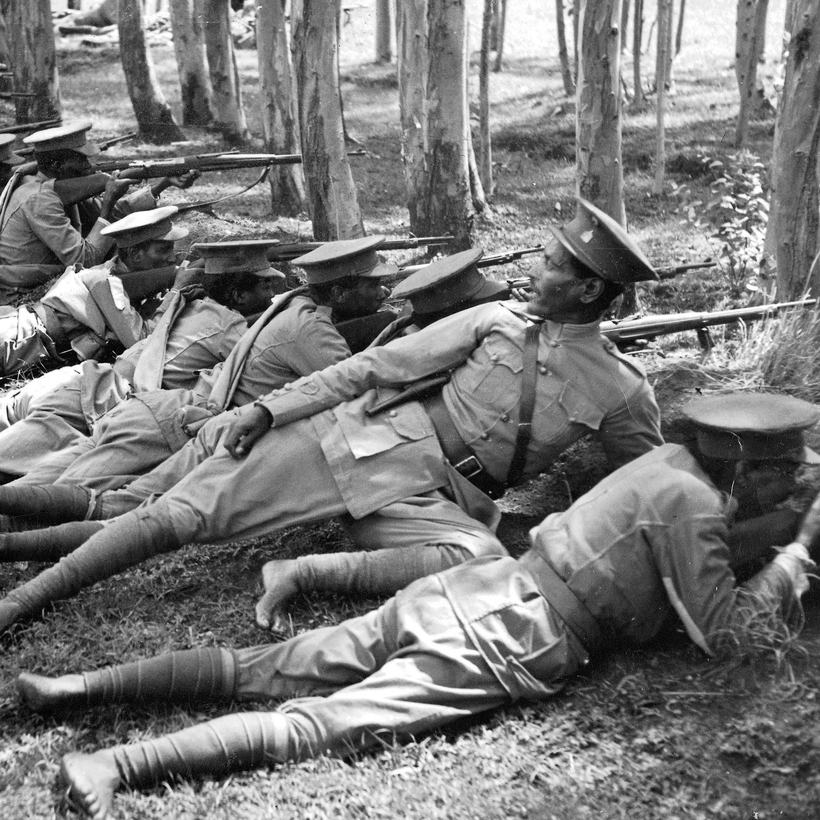The Second World War looms large in the popular imagination, and the literature of the victory over Fascism has its own extensive, triumphant body of work. And yet Africa’s role in World War II and its buildup, which requires greater nuance, has been largely ignored by the history books. Two novels by leading African writers—The Shadow King, by Ethiopian-American Maaza Mengiste, and When the Plums Are Ripe, by Cameroonian-American Patrice Nganang—help fill this void, capturing lesser-known episodes of this period with poignant intimacy.
The Shadow King is Mengiste’s much-anticipated follow-up to her acclaimed 2010 debut, Beneath the Lion’s Gaze, which focused on one family’s dissolution in the wake of the 1974 revolution that overthrew Emperor Haile Selassie. Her new work provides a broader portrait of Ethiopia (it covers the years from 1935 to 1941, bookended by events in 1974) and is also more personal. “The first stories I heard of the war between fascist Italy and Ethiopia came from my grandfather,” she writes of the book’s inspiration. “It wasn’t until much later that I discovered the story of my great-grandmother.” Her great-grandmother, it turns out, sued in court to obtain her father’s gun and then joined the war against Mussolini’s invading forces in 1935. “She represents one of the many gaps in European and African history,” Mengiste adds.

